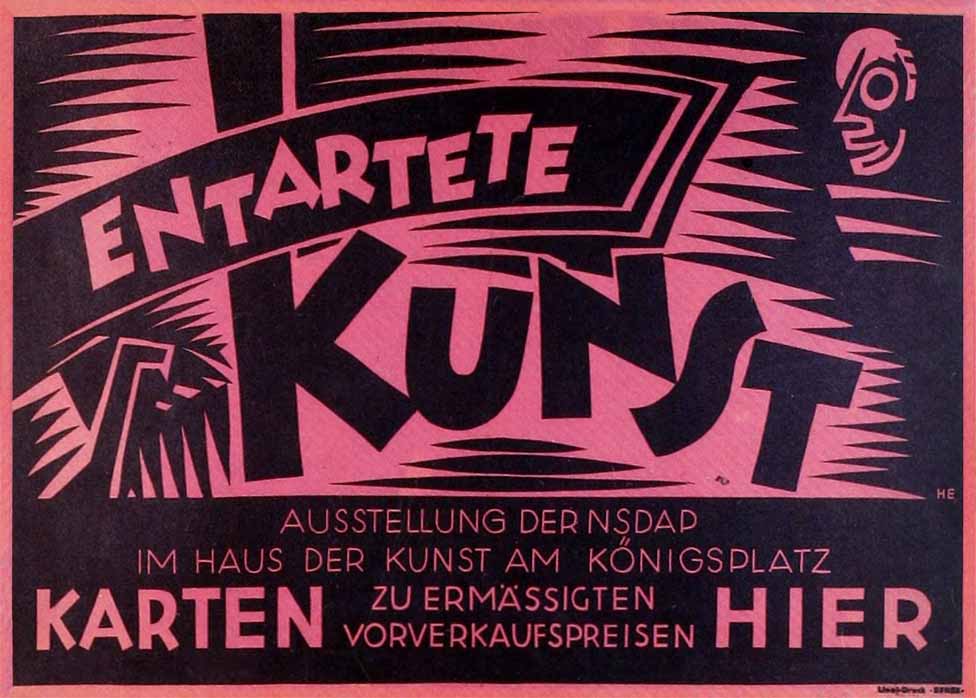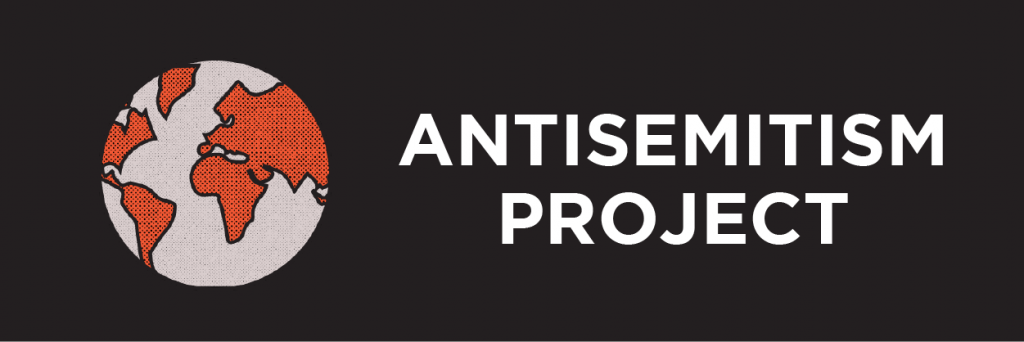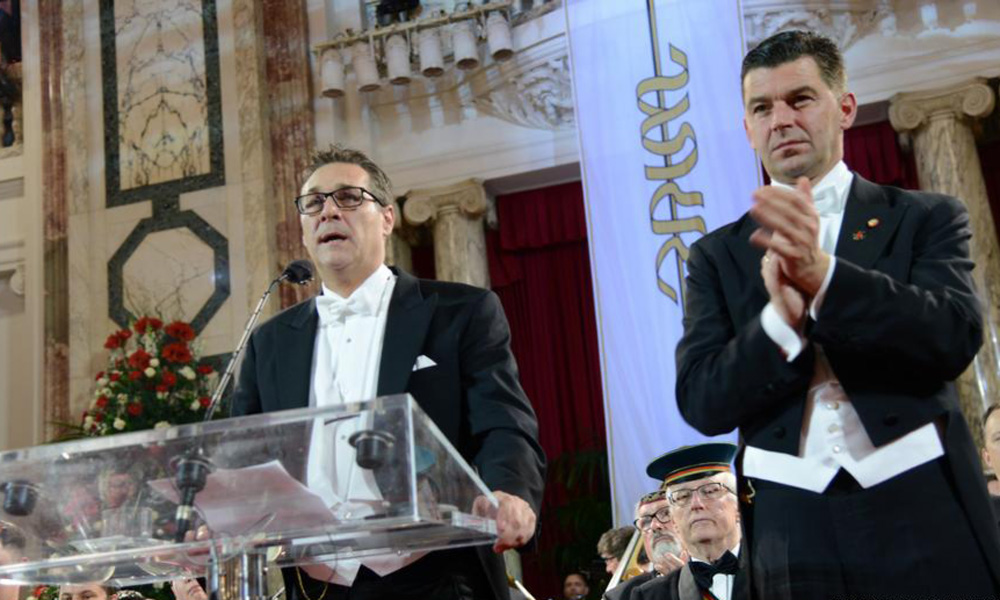Jazz in Nazi Germany: The Music That Wouldn’t Die
The war on jazz in Nazi Germany was never just about music. It was about control—of thought, of identity, of expression. It was a warning then, and it is a warning now.
Antisemitism Monitor | Week of March 13, 2023
Threats of murder to Jews at a kibbutz in Israel. Historical revision of the Holocaust on Wikipedia in Poland. Twitter threats towards Jewish representatives in Michigan. Read more in this week's Antisemitism Monitor Newsletter.
Bulgarian Nazis: Now and Then
A look back at the Bulgarian Jewish community in the wake of Sofia's annual neo-Nazi march getting cancelled in 2023.
Anti-Semitism Watch | The Waltz of the Austrian Far Right
In January, Austria’s Freedom Party (FPÖ) hosted its annual Academics Ball, where women in gowns and men in tuxedos and three-piece suits dance and socialize in Vienna’s splendorous imperial palace. Attendees also proudly dress in the colors and regalia of their Burschenschaften—student fraternities founded during the 19th century, some of which espouse pan-Germanism.
Book Review // The Zone of Interest
THE ZONE OF INTEREST by Martin Amis // Alfred A. Knopf // 2014 // pp. 306
Book Review // The Ambiguity of Virtue: Gertrude van Tijn and the Fate of the Dutch Jews
At the very beginning of his probing, disturbing account of the Nazis’ destruction of Dutch Jewry, Bernard Wasserstein asks what is no doubt the most terrible question that can be posed about Jewish behavior during the Holocaust: “Confronting the absolute evil of Nazism, was there any middle road between outright resistance and abject submission?”
It's 1979, do you know where your Nazis are?
By Symi Rom-Rymer
By 1948, World War II had been over for three years, yet hundreds of thousands of refugees and displaced persons remained scattered throughout...
This Week's Links
By Michelle Albert
Four car bombs exploded in front of Shiite mosques in Baghdad this morning, killing 39 people and wounding 54.
The Rabbinical Council of America...
Impresario for the Lost Voices of Theresienstadt
By Mandy Katz
Perhaps an apt follow-up to my post Monday about a journey from the Holocaust to the Ivy League? Yesterday's Washington Post carries an...






